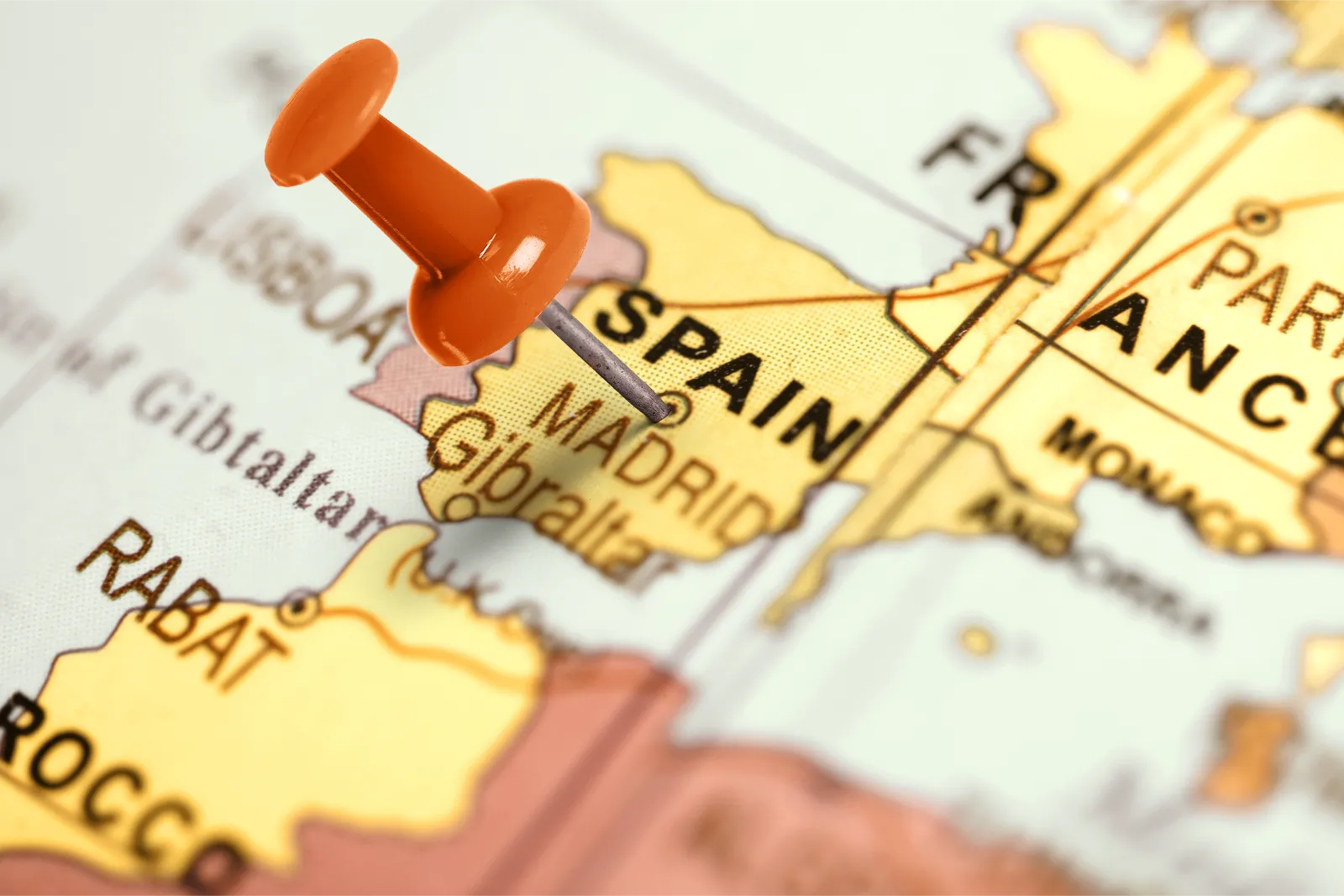Every year, many people from the UK go to Spain for a range of reasons, from a short holiday, to work, or even to permanently move there. In this blog, we will be focussing on those who want to go to Spain for an extended period of time to work or live there.
Whilst the sunny weather and quality of life is attractive, there are many other things that people should contemplate when they are thinking about making a move to Spain, such as language differences and other cultural considerations.
We shall take you through some of the various things to know before moving to Spain, tell you ways you might be able to make things easier for yourself when you move, and how we can help you start your new life in Spain.
Additionally, we have a blog on six reasons you should move to Spain if you would like to learn more about what the country has to offer.
1. Ensure you have the right visa for you

One of the most important things to know before moving to Spain, is what visa you will need to apply for. There are many different Spanish visas that suit different situations. For example, there is the Study Visa, which is for those who wish to go to Spain and study at an authorised educational institution.
Another example is the Non-working Residence Visa, which is mainly for retirees who will not be interested in working, as the visa does not allow people to work in Spain on it at all. However, you will still need enough money to show you can support yourself.
Make sure that you carry out as much research as possible on what visas are available, so that you apply for the right one.
If you need any Spanish visa assistance, then you can contact us to talk to a member of our team. They will be happy to help, and you can use our services to help you apply for your visa.
2. Accessing healthcare in Spain

Knowing how to access healthcare is one of the most important things to know before going to Spain.
One thing you definitely need to make sure you have, regardless of whether you are going to Spain on a Study Visa or another type of visa, is a Global Health Insurance Card (GHIC). The GHIC replaced the European Health Insurance Card (EHIC). You can apply for a GHIC from the NHS for free. This will allow you to access some, but not all treatments.
Alongside the GHIC, you need to make sure that you have travel insurance. This is so that you can access healthcare that the GHIC does not allow you to get.
Additionally, if your visa does not allow you to work, then you will need to show that you have private medical insurance before you move to Spain. You cannot access free Spanish healthcare without being a resident or a worker. You should also make sure that you have a GHIC.
However, people who are going to be in Spain to work on a more permanent basis will access healthcare differently. In Spain, anyone who is working, regardless of nationality, can access free healthcare. There are some specific situations where healthcare is not free, such as prescriptions, but it is free otherwise. Dependants also get access to Spanish healthcare.
Finally, there is the S1 form, which you can apply for from the NHS. If you receive a UK state pension or other UK-based benefit, and are resident in Spain, you can apply for the S1 form, which makes it so the NHS will cover the costs of any treatment whilst you are in Spain. You will be issued with a GHIC to prove your right to access healthcare. Visit our blog on making sure you have the right health insurance to learn more.
3. Decide where to live
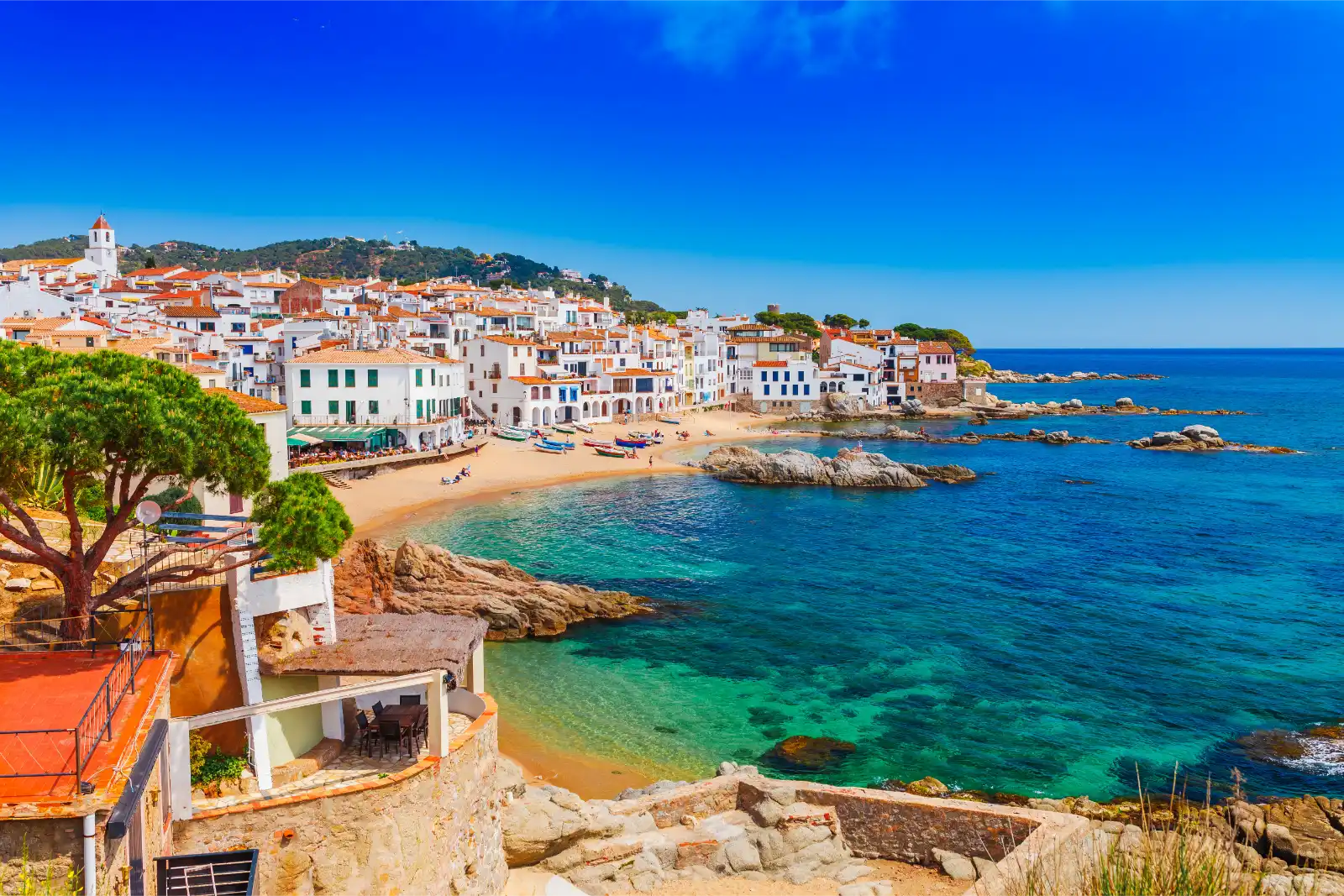
Spain, just like anywhere else in the world, is full of varied geography, regional cultures, and different levels of affluence. There will be places with more jobs available than others, but also places that are more expensive to live in than others.
Additionally, there are many areas that have existing British communities, which may sound appealing to some people, as they will have an easier time settling in when they move. However, this may impact how immersed you get into the local cultures of Spain.
If you are interested in moving for work reasons, we have a blog on the five best places to live and work in Spain that you may find helpful.
4. Buy a house

Once you have figured out what area you want to live in, you will then need to know about buying property in Spain.
As you would expect, house prices will vary a lot based on where you want to live, and the type of home you want. However, property prices in Spain are significantly cheaper than they are in the UK, with properties costing 40% less to buy, so you will have more money left over to spend on other things.
Aside from buying, you also have the option of renting a house or a flat. This may be a better option if you do not have enough money to outright buy somewhere to live.
You will have to carry out research yourself to see what the prices are. There are tools available online, as well as the websites of real estate companies. For example, Oakwood Properties, one of our partners, allows you to search for properties on their website.
5. Learn Spanish
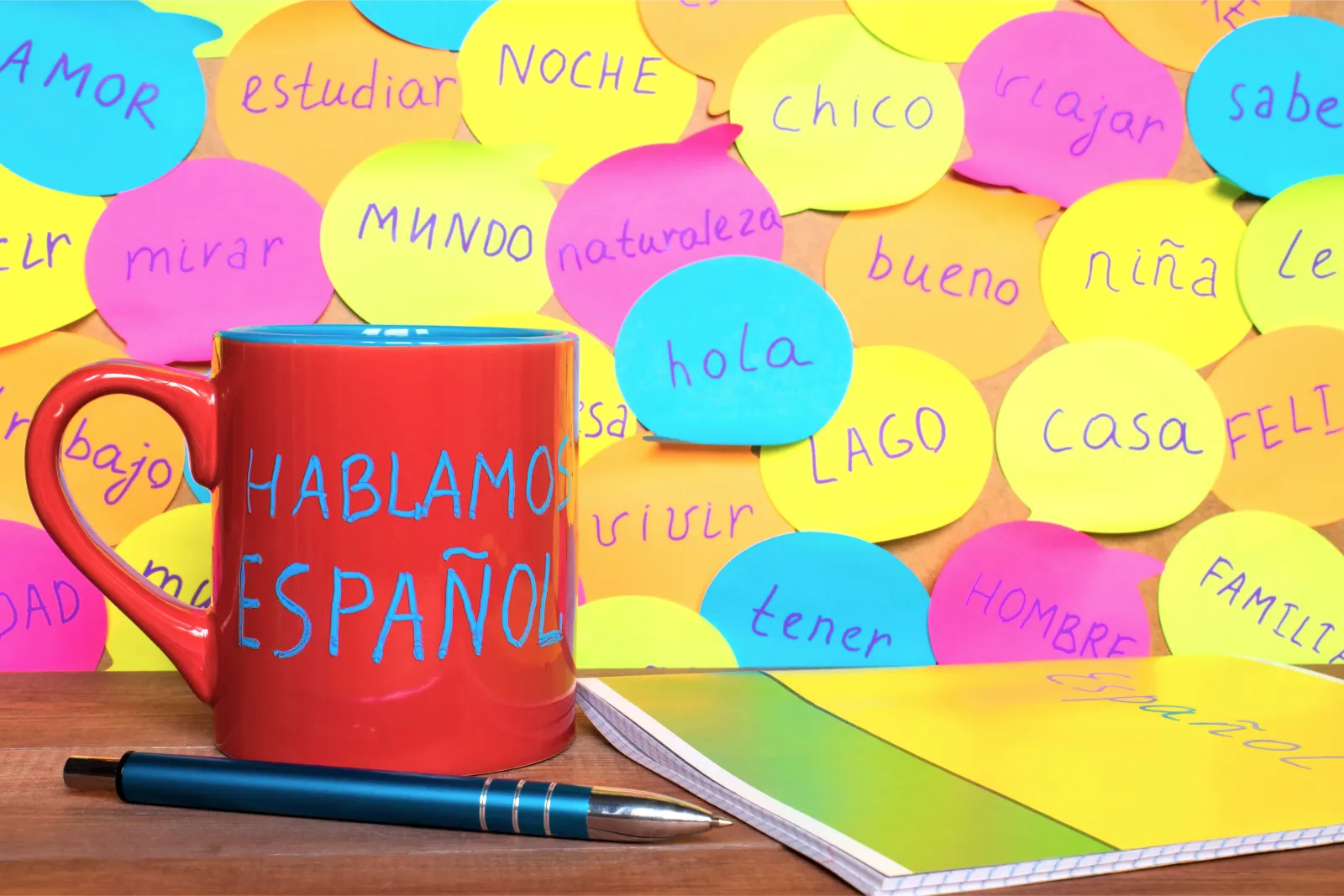
People in Spain predominantly speak Spanish, and whilst there may be a number of people who understand some English, your life will be much easier if you learn the local language.
Learning Spanish will help you not only communicate with Spanish people and understand what is written all around you, it will also help you to become more immersed in Spanish culture.
We have a blog on six of the best and most useful tools for learning Spanish. This may be of use to you to help you find what may best suit your needs.
6. Regional languages you should be aware of
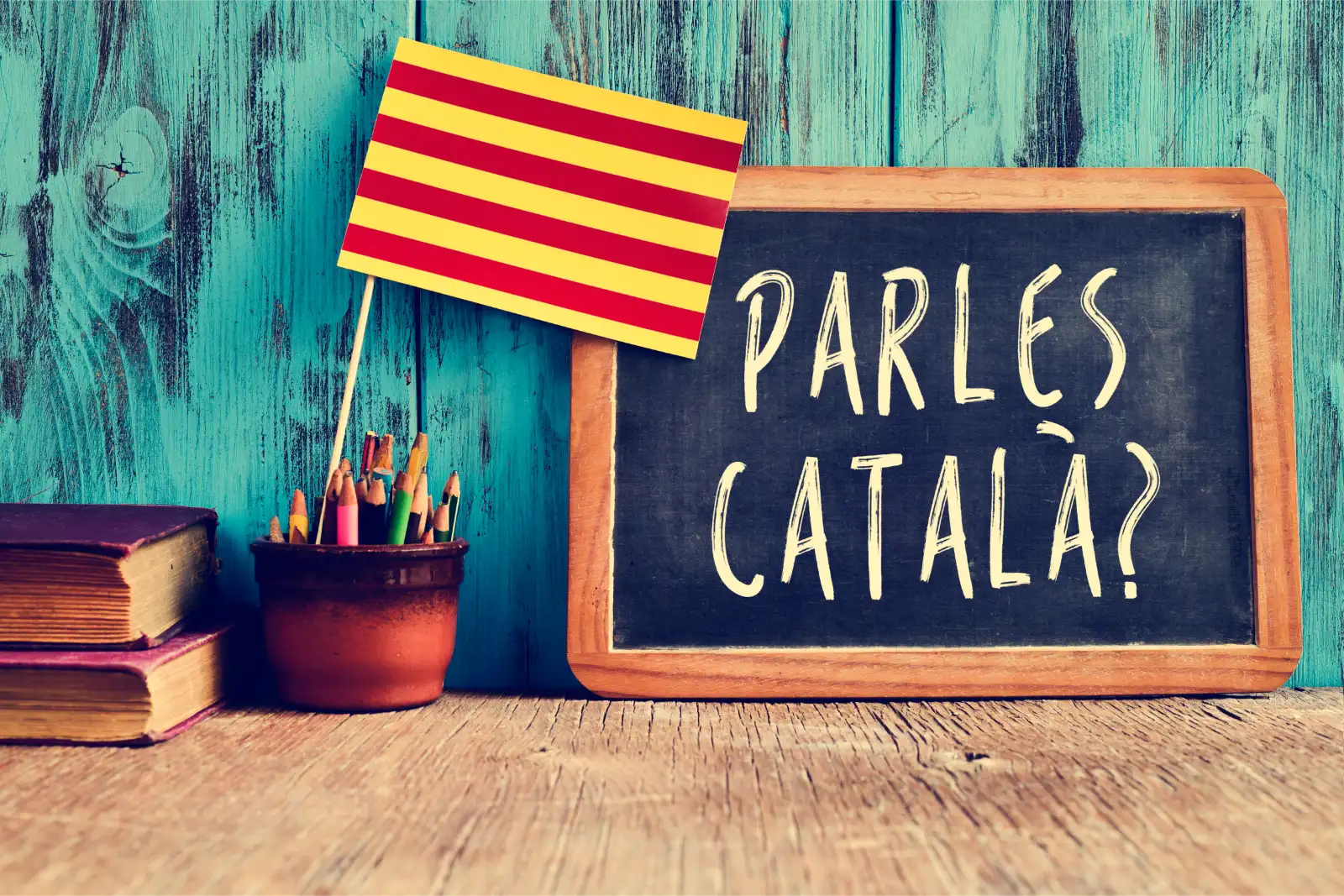
Whilst Spanish is the dominant language that most people will understand, it should also be noted that Spain is full of other languages as well, all of which vary based on the region.
Historically, these languages were the native tongue of the various kingdoms that eventually came together to become modern Spain. Modern Spanish was just one of these languages, and its full name is Castilian Spanish, as it was the language of the Castilian people. It became the dominant language, but the other languages did not die out.
For example, in Galicia, they speak Galician, which is a language more closely related to Portuguese than Spanish.
In Catalonia, they speak Catalan, which has a variant in Valencia called Valencian, and is even spoken in the Balearic Islands. Catalan even managed to spread to Sardinia and southern France.
One other very interesting language is Basque, spoken in the Basque Country and parts of Navarre. It is unrelated to any other known language in existence, and has its roots in the ancient languages spoken by the inhabitants of Europe before even modern Indo-Europeans arrived.
Whilst it may not be as necessary to learn these languages to get by during your time in Spain, it could help you connect with the local culture and history much more if you take the time to learn a bit if you decide to stay in regions that these other languages are native to.
7. The cost of living

Around the world, the cost of living has been increasing, making everything from food shopping to utility bills cost more.
However, Spain’s cost of living is still lower than the cost of living in the UK, so your general expenses when you finally settle into Spain will be lower than they are at home.
According to Numbeo, Spain’s cost of living is currently 24.8% below the UK, with rent being 27.4% lower. Those are substantial savings, leaving you more money to do the things you want to do.
It should be noted that the cost of living will also vary a lot depending on what part of Spain you are in, which ties back into choosing the best place for you to live in. You should carry out detailed research to find out what areas have a good cost of living, and are also good places to live.
8. The time difference

Between the UK and Spain, there is just a one-hour time difference, with Spain being an hour ahead. This might sound surprising considering the fact Portugal has the same timezone as the UK whilst Spain does not, but that is just how it is.
Whilst this is not a large time difference, it could be enough to throw you off when you try to, for example, contact family and friends who live in the UK.
However, with it being such a small difference, it should not take you very long to adjust to the change of time zone.
9. Spanish territory outside of the mainland
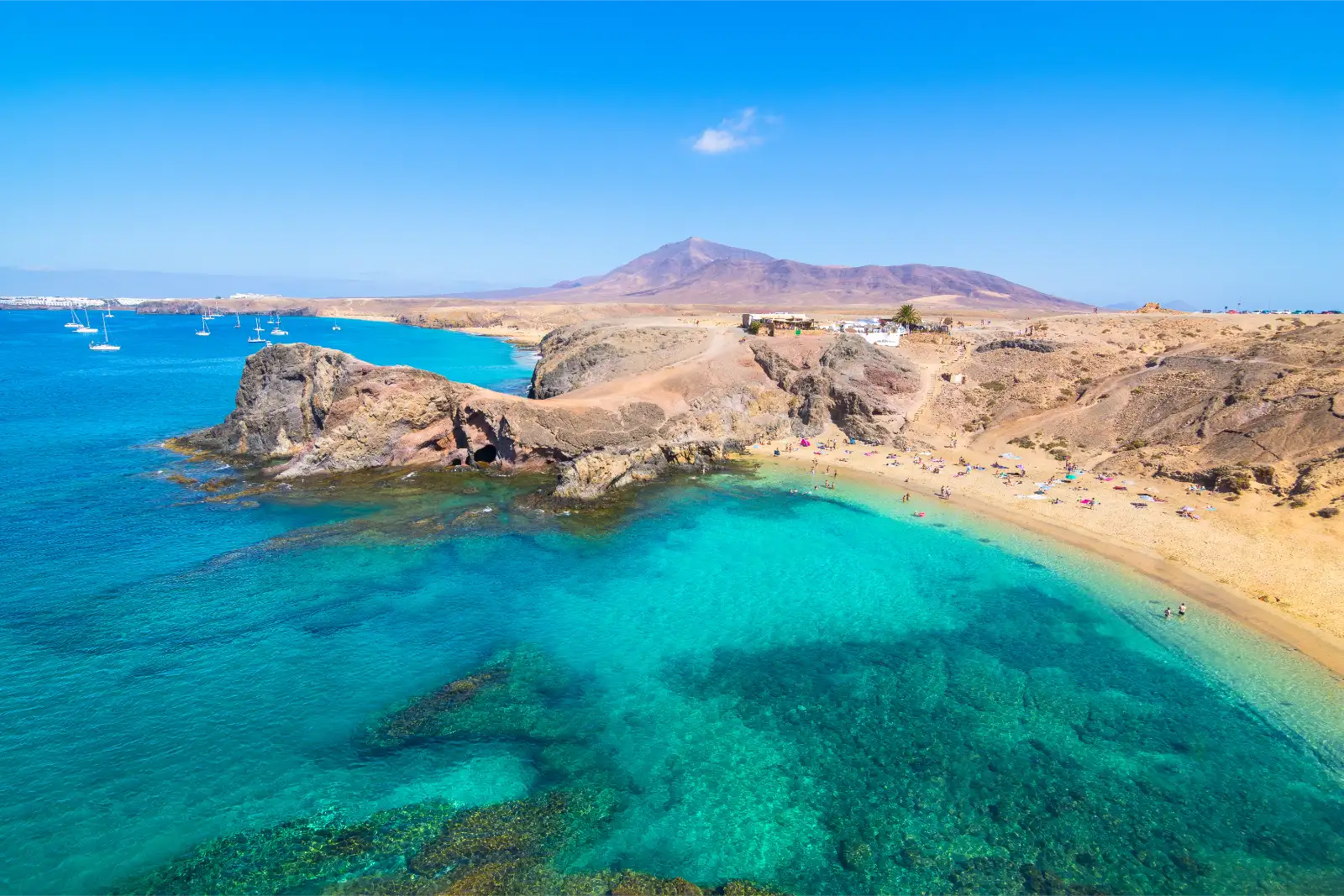
Another one of the important things to know before moving to Spain are some of the places you can explore. Some of the most popular tourist destinations in Spain are islands away from the mainland, such as Mallorca and Ibiza in the Balearic Islands, or closer to Africa with Lanzarote in the Canary Islands.
However, there are some other areas that may be worth a visit that are not part of the Spanish mainland. These range from beauty spots in some of the well-known island chains (some of which are mentioned in our five beautiful spots in Spain you will not believe blog), to even cities on the mainland of another continent.
For example, in North Africa, there are two Spanish cities nestled in between Morocco, on the Mediterranean coast. If you do not know of them, they are called Ceuta and Melilla.
Ceuta is an ancient city that has been controlled by various civilisations over millennia from the Carthaginians to the Romans, but it came under Spanish rule in 1580. It has its own peninsula which extends into the Mediterranean, and it lies across from British owned Gibraltar.
Melilla is just as ancient as Ceuta, but became a part of Spain in 1497. It is slightly further down the North African coast compared to Ceuta. In fact, it is almost 250 miles east from Ceuta.
Morocco disputes the ownership of both, but for now, they are Spanish territory. With your Spanish visa in hand, you could explore both ancient cities, immerse yourself in their unique history, and see what the distinct local cultures are like.
Do not limit yourself to exploring the mainland; you should see all of what Spain has to offer.
How we can help
Now we have told you some of the useful things to know before moving to Spain, you can begin the process of going there. Before you even think about anything else, you should apply for a visa. There is no point in preparing to buy a property if you will not be able to go to Spain to live in it.
As we are no longer provide visa application services, we cannot assist you with getting a visa. However, we can prepare your documents so that they are ready for when you apply for your visa, and for when you make your move to Spain.
To talk to a member of our team about our visa preparation services, you can contact us via phone or email. Get in touch with us today to find out about how we prepare your documents.
Are you interested in what you can do whilst you are in Spain? Then visit our blog about five fantastic festivals that you can experience there.
If you ever decide you want to move back to the UK in the future, you can sell your Spanish property whilst in the UK through the use of a Spanish Power of Attorney. Our sister company, Woodcock Notary Public, can assist you with notarising one for Spain.

